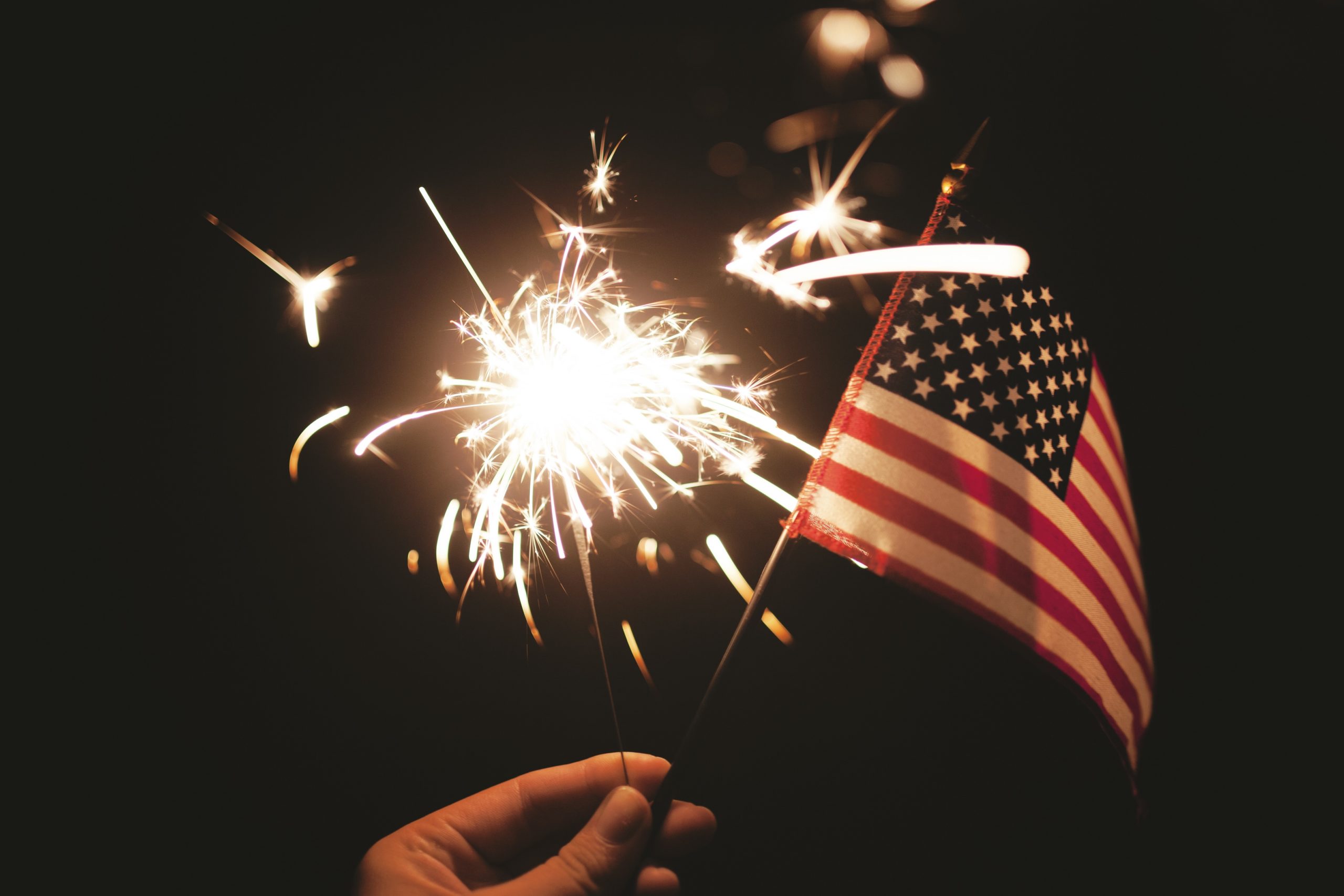Today marks 241 years since the Declaration of Independence was signed and many writers will, I am sure, take stock of the improvements that have taken place since 1776. It may, for example, be of interest that in 1776, nine out of ten Americans were involved in agriculture and the real average income per person was 23 times lower than what it is today. At $1,235 (in 1990 dollars), Americans were merely six percent richer than the global average. By 2010, Americans earned $30,491 or 390 percent of the global average.
One of the root causes of the great income gap that has emerged between the United States on the one hand and much of the rest of the world on the other, was economic freedom. Prior to the dawn of the Progressive Era, Americans went about their business largely unmolested by the government. In the early decades of the 20th century, however, taxes rose and regulations expanded. The Fraser Institute’s Economic Freedom of the World report has been measuring economic freedom since 1970, which is apposite, since the 1970s marked the culmination of the progressive meddling in the economy. Stagflation, which characterized that decade, led to some deregulation under Jimmy Carter, but the real return to economic freedom happened under Ronald Reagan in the 1980s and culminated in the year 2000 under the stewardship of Bill Clinton. The George W. Bush and Barack Obama duumvirate reversed that trend.
Economic literature strongly suggests that economic freedom and growth go hand in hand. Could it be, I wonder, that our declining freedom is, at least in part, responsible for the slow growth rates that we have seen since the start of the new millennium?
And that brings me to the other anniversary that happened last week. On July 1, Hong Kong marked 20 years since it passed from British to Chinese hands. It has not been smooth sailing, with political freedoms in the territory taking a predictable knock under the tutelage of a communist dictatorship. Mercifully, Hong Kong remains, as it has over the last four decades, the freest economy in the world.
The rise of the territory from poverty and relative obscurity to one of the most dynamic and richest places on Earth is nothing short of miraculous. Within one lifespan, Hong Kong moved from Third World status to First. Its economic performance vis-a-vis the United States is a testament to the power of economic freedom to generate impressive growth rates.
Consider that in 1950, average income per person in Hong Kong amounted to a mere 25 percent of that in the United States. In 2016, by contrast, the average resident of Hong Kong was 3 percent richer than the average American. In the intervening 66 years, the economy of the territory grew by 1,306 percent. In America, it grew by 247 percent.
As we reflect on America’s accomplishments since the Declaration of Independence, let us remember that political freedom, such as the one that Americans have and the people of Hong Kong lack, is not a guarantor of rapid economic growth. Economic dynamism and concomitant abundance are best served by a good dollop of freedom, which, alas, we are in the process of slowly losing.
This first appeared in Reason on the 4th of July, 2017.

